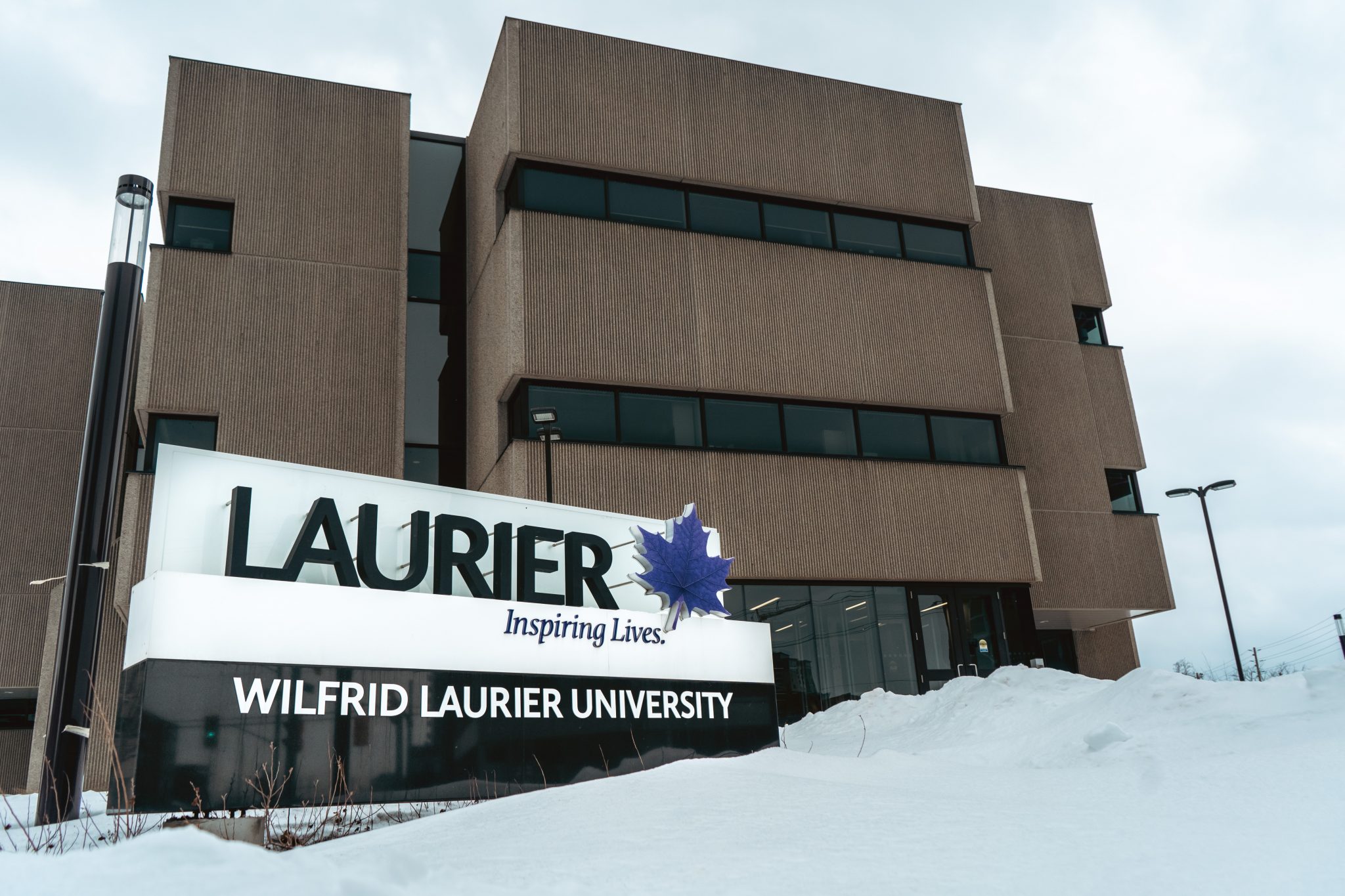Frances Stewart, an assistant professor in the biology department at Wilfrid Laurier University, was named Canada Research Chair in Northern Wildlife Biology.
Stewart’s research focus is on wildlife in Canada’s north. Her lab is called the WILD Lab, which stands for Wildlife Integration for Land Use Decisions.
“What we essentially do is we try to quantify and better understand how wildlife are anticipated to respond to changes we see,” Stewart said.
This includes both anthropogenic changes, as well as those “driven by natural processes like wildfires.”
“It’s about wildlife, but it’s really about understanding the whole ecosystem and how wildlife can help us make decisions about those ecosystems going forwards,” Stewart said.
Such decisions concern conservation, but also help to determine “where we can harvest resources such as forestry, oil and gas.”
As per an announcement from Laurier, “Stewart’s current field research takes place primarily in the boreal forests of British Columbia, Alberta, Ontario and the Northwest Territories.”
Stewart noted that experiences she had during her undergrad inspired her to research wildlife in Canada’s north.
“I was really fortunate towards the end of my undergraduate experience at Guelph, and I was offered a couple of different field projects to work on,” Stewart said.
“It spiralled, essentially, to working on wildlife across Canada and eventually conducting a PhD on mid sized carnivores in Alberta.”
Stewart has conducted research on a multitude of Canadian species since then, including “wolverine, ungulate species, smaller weasels and fox.”
“Ecology is such a nice field because you can pair it with being outside and getting your hands dirty, and then also coming back and doing computer work and writing and statistics,” Stewart said.
“It’s a really nice balance as a young scientist to go out and see the world, and then come back and figure out how to analyse it and ask questions about it.”
Those questions, Stewart noted, “can take you in all sorts of directions.”
When asked what it meant to be named CRC in Northern Wildlife Biology, Stewart expressed gratitude and hope for the future.
“It’s a really fantastic honour. It is important because it comes with some sustained and consistent research funding which I can put towards establishing new projects and really try to become a leader in Canada and hopefully internationally in the field.”
“It’s great to have it at Laurier because there’s a cluster of CRCs at Laurier who do northern research,” Stewart said.
“There’s a nice group of us who are able to bring our funds together to support graduate research specifically. So, there will be a lot of opportunities for PhD and masters students going forward.”
In addition to a favourable work environment, there is also a “nice partnership between Laurier and the government of the Northwest Territories,” Stewart said.
“It means there’s already some nice collaboration involved in terms of conducting wildlife research in the north.”
Stewart thanks the WLU community for their support that assisted her in becoming the amazing scientist she is today. “There have been many people within Laurier that have helped me to be successful in this,” Stewart said. Stewart’s website, is home to summaries for her previous and current projects.








Leave a Reply
You must be logged in to post a comment.